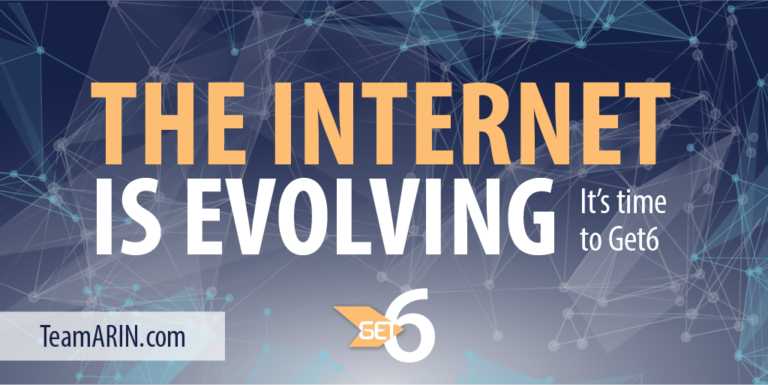In the next few days, the American Registry for Internet Numbers (ARIN) will finally run out of IPv4 addresses. ARIN is the Regional Internet Registry (RIR) for the United States, Canada, the Caribbean, and North Atlantic islands, so any organization within those boundaries will no longer be able to guarantee assignment of new IPv4 addresses from ARIN. Instead, requests for IPv4 address blocks will be added to a waitlist or processed through a secondary transfer market. This means that you will have to wait longer for your request to be completed, and that you may end up with a smaller block than requested, and possibly a very fragmented one.
If you’re a network engineer, the depletion of ARIN’s IPv4 addresses should come as no shock. For the past year ARIN has been in the final phase of their IPv4 depletion plan, although the eventual exhaustion of IPv4 addresses was predicted as far back as the early 1990s. You knew this day would come, and now it’s here.
If your organization has already started the transition to IPv6, bravo! You have likely discovered that it’s not as scary as it seems upon first glance, and that, in fact, you don’t have to say goodbye to your old friend IPv4 anytime soon. We’ll all be living in a dual stack world for many years.
But now that the IPv4 shelves are truly bare, those who haven’t started deploying IPv6 have little choice but to #Get6 as the Internet evolves to this new phase of connectivity.
Fortunately, there are many resources available to help with the transition to IPv6. You can find many of them in my most recent blog post for Network World, as well as a better understanding of how we got here in the first place and what your current options are.
GTRI also offers IPv6 training that can quickly get you up to speed and on the road to this new and exciting Internet age.
If you have questions, feel free to leave a comment.

